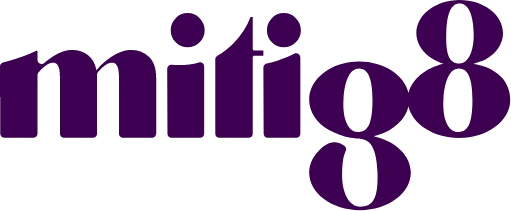Health Literacy Month is observed throughout the month of October. Personal health literacy is the degree to which individuals have the ability to find, understand, and use information and services to inform health-related decisions and actions for themselves and others. Organizational health literacy is the degree to which organizations equitably enable individuals to find, understand, and use information and services to inform health-related decisions and actions for themselves and others.
Now you’re likely thinking…..does health literacy impact your facility? It sure does!
Mrs. James was admitted to your facility after a 2-week hospital admission. Your interdisciplinary team developed her baseline care plan and met with Mrs. James and her daughter. Your team outlined the care plan and asked them if they had any questions. Both looked perplexed but said they had no questions. Three days later, Mrs. James fell while her daughter was helping her ambulate. Even though it was reviewed during the meeting, neither understood that she needed to use a walker.
What went wrong? What can you do differently?
Communicate with residents and families using plain language and confirm understanding after every encounter. Ensure that you use easy-to-understand terminology in the written care plan summary that you provide to your residents and families. Use the teach back method to confirm understanding. Instead of using questions that residents and families can answer yes or no, ask open ended questions.
Could focusing on health literacy have helped prevent Mrs. James’ fall? Absolutely!
Let’s revisit the care plan meeting. After your team outlined the care plan for Mrs. James and her daughter, the nurse asked them an open-ended question “What do you need to use for help when walking?”. They shared that they received a lot of information during the meeting and do not remember. The nurse replied, “That’s okay, I will explain this better and have the physical therapist show you how to use the walker safely”. Mrs. James and her daughter learned how to use the walker and safely ambulate.
When educating residents and families, taking time to use plain language and confirm understanding will improve resident safety and outcomes. Incorporating health literacy into your practice can help decrease your facility’s overall risk.


